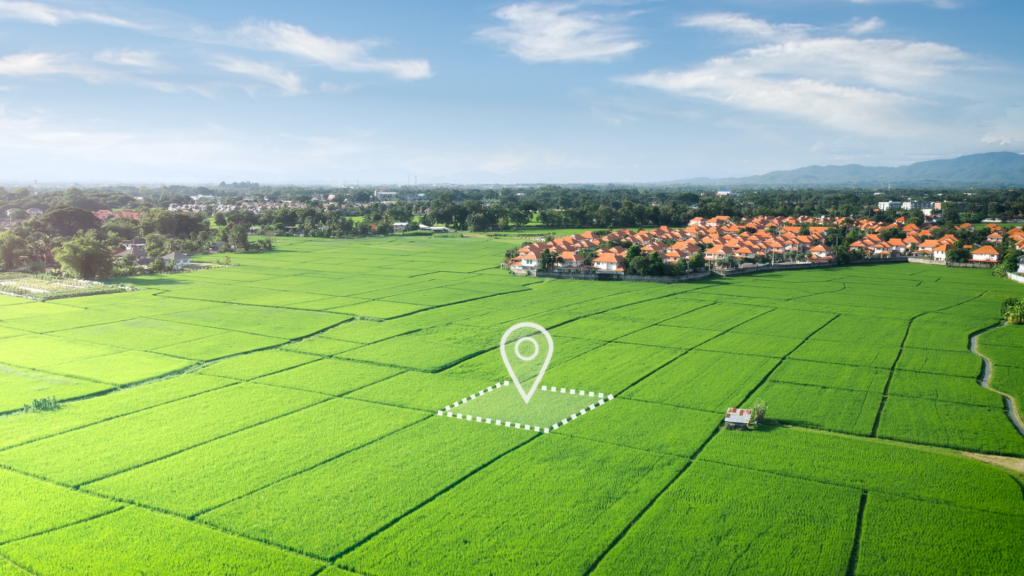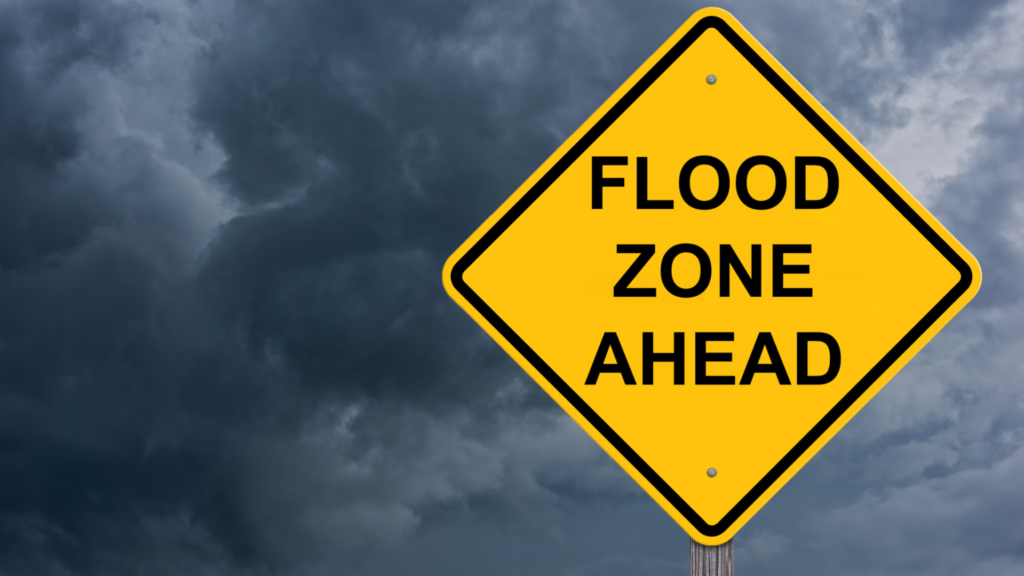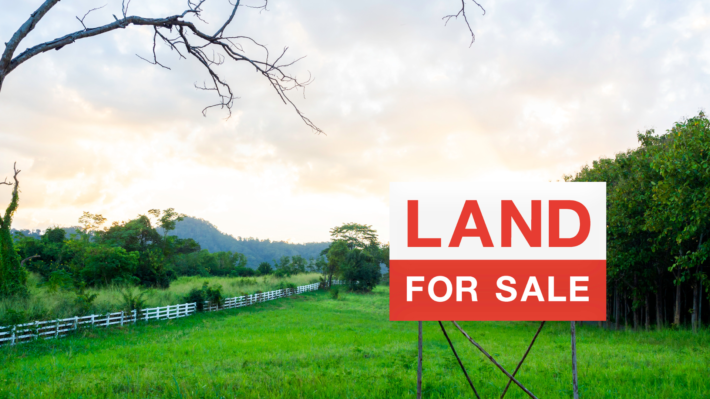15 Power Questions To Ask When Buying Land

Key Questions to Ask When Buying Land
Whether one is buying land for residential use, an investment, or purpose of developing the land, it might be helpful to know some of most important questions to ask to be able to avoid additional costs, other detrimental or legal constraints or limited use of the land. The following are critical questions and consideration that could aid your decision making processes.
What Is the Zoning Classification of the Land?
But before you can purchase any plot check its Zoning classification. Zoning laws determine how the land can be utilized for instance for residence, business purposes, farming or manufacturing.
You may dream of constructing a house but if the land is marked for farming you are most likely doomed as the laws will have it. It is very important to consult the local zoning authorities especially if you are certain that the intended use is different.

Are There Any Environmental Restrictions?
They give this company authority to regulate what you can do with such pieces of land with regard to the environment. For instance, someone with wetlands or forests or endangered wildlife may experience legal hurdles for the properties.
It is also necessary to consider whether the property is under conservation easements or protected land statuses that prevent the construction of or occupation by structures and people in some specific ways.
What Is the Land’s Access to Utilities and Services?
Some other conditioner facilities that you should not compromise with include water, electricity, sewage, and internet. If the land does not have these service connections, you have to factor the expense of putting these facilities in and that may be rather expensive.
Determine if these services are available and accessible in the land or if they will have to resort to the use of off-grid that would comprise solar power and septic systems.

Is the Land in a Flood Zone or Prone to Natural Disasters?
It also needs to be considered whether this land occupies a flood zone or the area that can be considered as the zone of natural disasters like earthquakes or hurricanes. This can do injustice to not only premium rates but also constructiveness and constructiveness of construction in the future.
This data most of the counties will supply flood zones map and geotechnical survey that will assist you in the risk evaluation.
Are There Any Easements on the Property?
Another negative is that an easement enables other people to have the legal permission to use a portion of one’s land for certain purposes including; avenues like utility corridors or even accessing the adjacent yards. These easements might in some cases limit the ways in which one use the land and therefore one should consult the seller to whether or not there are any existing or potential easements.
What Are the Property Taxes?
The rates charged differ with the geographical area of the land, size of the land as well as the zoning of the land. Annual taxes must be prorated in order to determine the amount of required payments annually before purchasing the land, these fees are likely to accrue even if you do not begin developing the land forthwith.
Is There Legal Access to the Land?
In case of rural or unestablished piece of land, identity is primary legal issue. Some of the lots may be inaccessible by road to your property, and this may mean having to cross over other people’s property to get to yours. Make sure that the land has direct frontage to a public road, or otherwise has a legal easement.
What Are the Building Restrictions?
Building setbacks, height restrictions, and other building codes will determine what type of structure you can erect on the land. If there are strict setback laws, you might find that you can’t build as close to the property lines as you’d like, which could impact the design and size of your project.
What Are the Soil and Topography Conditions?
The physical characteristics of the land, such as soil quality and slope, play a significant role in construction feasibility. Poor soil might not support the weight of a building, or a steep slope could require expensive grading. A geotechnical engineer can conduct tests to help you understand the land’s buildability.
What Is the Land’s Water Source?
Whether the land connects to a municipal water system or relies on wells, understanding how you will secure water is essential. If a well is required, inquire about the depth of the water table and whether a well has been drilled previously. Also, confirm if there are any water rights associated with the land.
Are There Any Existing Structures or Debris in Buying Land?
If the land comes with old buildings, debris, or machinery, you’ll need to budget for removal. Old structures may also contain hazardous materials like asbestos, adding further costs for environmental cleanup. Always factor these into your purchase price and timeline.
What Is the Long-Term Investment Potential in Buying Land?
For those considering land as an investment, research the growth potential of the area. Proximity to expanding infrastructure or commercial developments can increase the land’s value. It’s wise to analyze future zoning changes or development plans in the area.
Who Owns the Mineral and Resource Rights?
In some cases, the ownership of mineral, water, or timber rights is separate from the ownership of the land itself. This means that even if you own the surface, someone else could have the right to extract minerals from beneath the land. Clarify these rights before you commit to a purchase.
Are There Any Legal Disputes or Title Issues?
Before finalizing a purchase, conduct a thorough title search to ensure there are no legal disputes, unpaid taxes, or liens against the property. These issues can complicate ownership and lead to significant costs down the line.
What Is the Local Community Like?
Finally, it’s important to consider the surrounding community. Is the area growing or declining? What is the proximity to schools, shops, and medical facilities? Understanding these aspects can help you assess the land’s suitability for long-term residential or commercial use.
More FAQs in Buying Land
1. What are the essential questions to ask before buying land?
You should ask about the zoning classification, environmental restrictions, access to utilities, and if the land is prone to natural disasters. Additionally, inquire about easements, property taxes, soil quality, water source, and long-term investment potential.
2. How do zoning laws affect land purchase?
Zoning laws dictate the use of the land, whether for residential, commercial, agricultural, or industrial purposes. Purchasing land without verifying its zoning could restrict how you use or develop the property.
3. What should I know about utilities when buying land?
Check if the land has access to essential utilities like water, electricity, and sewage. If these utilities are not available, find out the costs and feasibility of installing them, as these can significantly impact the development costs.
4. Why is a land survey important before buying land?
A land survey verifies the exact boundaries, size, and topography of the land. It ensures that you know precisely what you are purchasing and helps prevent future disputes with neighbors over property lines.
5. Are there restrictions on land use due to environmental concerns?
Yes, lands with wetlands, endangered wildlife habitats, or conservation easements may have usage restrictions. You may not be able to build or alter certain parts of the land without violating environmental regulations.
6. What is the significance of mineral rights in buying land?
Mineral rights may be owned separately from the land itself, meaning someone else could have the legal right to extract resources from your property. It’s crucial to clarify whether the land includes ownership of mineral, timber, or water rights.
Final Thoughts in Buying Land
When purchasing land, it’s critical to conduct thorough research and ask the right questions to avoid costly mistakes and ensure the land meets your goals. Understanding zoning laws, environmental restrictions, utility access, and potential building challenges can help you make a more informed decision. Additionally, working with real estate experts and conducting proper due diligence will protect your investment from unforeseen issues such as legal disputes, title defects, or prohibitive development costs.
Whether you’re planning to build a home, invest for future development, or use the land for agricultural purposes, these essential questions will guide you through a smooth and successful land acquisition process.
Keep Learning
>> Viking Estates Okeechobee Florida: A Guide to Living in Paradise



